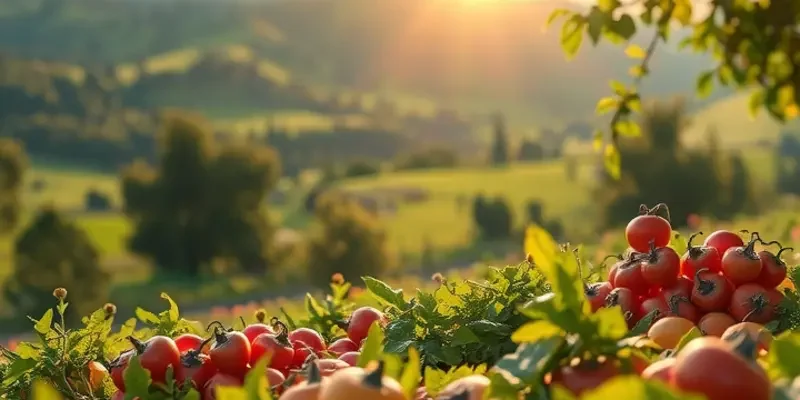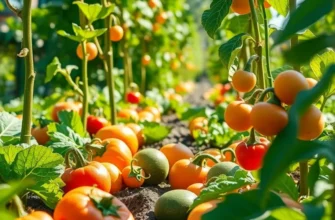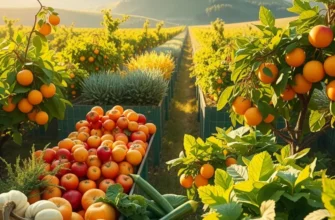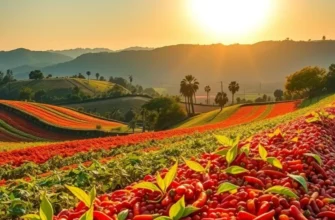Culinary competitions serve as both a stage for chefs to display their artistry and a vibrant reflection of diverse food cultures. In various corners of the world, these contests celebrate not just individual talent but the rich traditions and unique flavors that define global cuisines. From taste-tests that push the boundaries of creativity to challenges steeped in heritage, culinary competitions foster a deeper appreciation for food. Journey with us through renowned competitions that embody the spirit of culinary exploration.
MasterChef: A Global Phenomenon
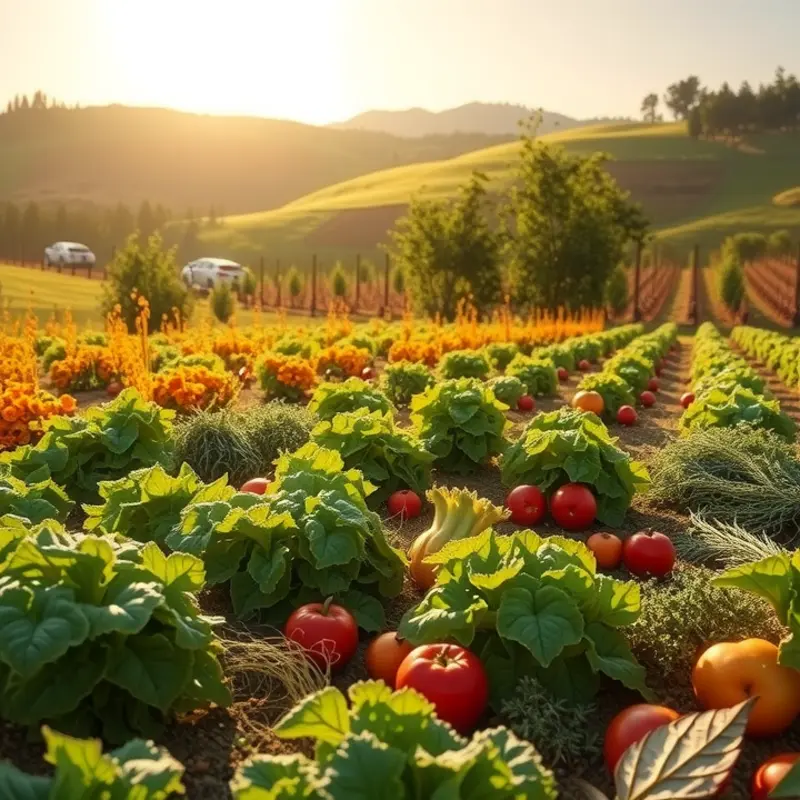
MasterChef has captured the imaginations of audiences worldwide, celebrating the art of cooking through its intense culinary showdowns. As a showcase for diverse culinary traditions and techniques, it transcends simple cooking competitions, becoming a platform for cultural exchange and appreciation.
The origins of MasterChef trace back to the UK in 1990. However, it was the 2005 reboot that propelled the format into an international sensation. Each iteration adheres to the basic premise: amateur cooks compete in a series of challenges, with their culinary prowess evaluated by seasoned judges. Despite its core format remaining consistent, MasterChef is uniquely tailored in each country, ensuring local flavors and cooking styles receive due recognition.
The show’s appeal lies in its ability to highlight national culinary identities. Each country’s adaptation incorporates native ingredients and revered cooking methods. For instance, in MasterChef Australia, indigenous ingredients like finger limes and wattleseed are often featured, broadening viewers’ palate and appreciation for local produce. This cultural adaptation offers contestants and viewers an enriched understanding of the region’s culinary treasures.
MasterChef’s competitive format pushes participants to innovate while respecting tradition. Signature dishes are scrutinized not only for taste but also for authenticity, giving contestants a space to narrate stories through their creations. This storytelling aspect is crucial in countries like India, where MasterChef highlights diverse regional cuisines. Contestants might employ intricate spice blends and age-old techniques, offering a culinary narrative steeped in history and family heritage.
Beyond individual glory, MasterChef stimulates greater interest in global cuisines. Foods once considered exotic—such as Mexico’s mole or Thailand’s green curry—are demystified as contestants craft and elucidate these dishes. Viewers not only learn about cooking but also about food culture and history, fostering greater culinary literacy.
A notable aspect is the use of local and traditional ingredients, which challenges chefs to present homegrown specialties in contemporary ways. The South African edition is celebrated for integrating local staples like boerewors and biltong, reflecting the nation’s culinary roots while embracing innovation.
MasterChef also mirrors global trends toward sustainable and eco-friendly cooking, subtly educating its audience. With challenges that emphasize zero-waste principles or focus on plant-based meals, the show promotes an environmentally conscious approach to cooking. For more on sustainable kitchen practices, you can explore eco-smart kitchen storage, which aligns with these values.
The global MasterChef phenomenon underscores the unifying and transformative power of food. By shining a spotlight on the culinary practices and traditions of different cultures, it bridges cultural divides, fostering a global community united by shared passion and respect for food. The show encourages not just culinary exploration but also cultural understanding, nourishing both the body and the soul.
The International Culinary Olympics: A Taste of Excellence

Every four years, the culinary world gathers to witness the extraordinary spectacle of the International Culinary Olympics. Originating in 1900, this prestigious event—officially known as the IKA/Culinary Olympics—has become the paramount arena for chefs to display their innovative prowess and celebrate global culinary traditions.
Olympic participants hail from all corners of the globe, bringing with them a rich tapestry of cultural influences that are reflected in their culinary creations. Teams present dishes that merge traditional techniques with avant-garde concepts, often sparking trends that ripple through the food industry.
The history of the Culinary Olympics is as storied as the dishes presented. In its earliest iterations, the competition was predominantly European, with an emphasis on classical techniques. Over time, as more nations participated, the scope broadened to encompass a wider variety of culinary traditions. This evolution mirrors the increasing globalization of food and the blending of culinary influences across cultures.
Competitors are tasked with preparing a variety of dishes across categories such as pastry, gourmet cuisine, and traditional meals. These categories provide a platform for chefs to highlight their unique culinary backgrounds. Many teams delve deep into their national heritage, presenting dishes that are both a nod to tradition and a leap forward in culinary artistry.
One crucial aspect of the International Culinary Olympics is the spirit of camaraderie it fosters among participants. Despite the competitive nature of the event, the gathering promotes mutual respect and exchanges between chefs. These exchanges often lead to collaborations and innovations that would not occur in isolation. The event becomes a vibrant melting pot where chefs learn from each other, fostering a sense of global community.
Taking part in or observing the Culinary Olympics offers inspiration on integrating diverse styles and ingredients. For those interested in culinary influences related to trade and global exchanges, the competition provides a fascinating glimpse into how intercultural interactions have shaped modern cuisine. Chefs frequently incorporate elements from distant cultures, transforming their dishes into narratives of global culinary history.
Moreover, this competition stands as a testament to the adaptability and resilience of chefs worldwide. In a world where food sustainability is becoming increasingly crucial, participants often showcase sustainable practices in their techniques. From utilizing local produce to minimizing food waste, the Culinary Olympics highlights best practices for environmentally conscious cooking.
In summary, the International Culinary Olympics serves not only as a stage for competition but as a celebration of global culinary diversity. It is a remarkable event where countries present their finest, challenge themselves, and contribute to the global dialogue on cuisine. Through this event, the world comes together to taste, learn, and innovate, ensuring that the art of cooking continues to thrive and inspire.
Final words
Culinary competitions like MasterChef and the International Culinary Olympics serve as dynamic platforms that celebrate the art of cooking while fostering a deeper appreciation for cultural heritage. These contests are not just about the final dishes but also about the stories behind them and the ingredients that narrate a community’s history. Such events unite chefs and food enthusiasts alike, inviting them to explore and honor the flavors of their roots and beyond. So whether you are a seasoned chef or an enthusiastic home cook, consider participating in or attending these competitions for an enriching cultural experience that transcends borders.

